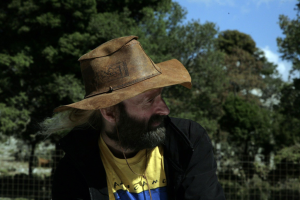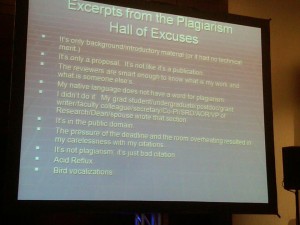Retractions are the stuff of nightmares for most academics. But they aren’t necessarily a career obstacle, and sometimes may be the only way forward, according to Andrew P. Anderson, a postdoctoral researcher in the biology department of Reed College, in Portland, Ore. Last month, the journal Evolution pulled and replaced a study Anderson had conducted as a PhD student under Adam G. Jones at the University of Idaho, in Moscow. The study’s findings suggested sexual selection shaped the responsiveness of the human genome to male sex hormones. Below is a lightly edited Q&A we did with Anderson about his experience.
Retraction Watch (RW): In the summer of 2022, shortly after your paper was first published, you realized it contained a significant error. What happened?
Continue reading ‘I felt like a fraud’: A biologist goes public about a retraction








